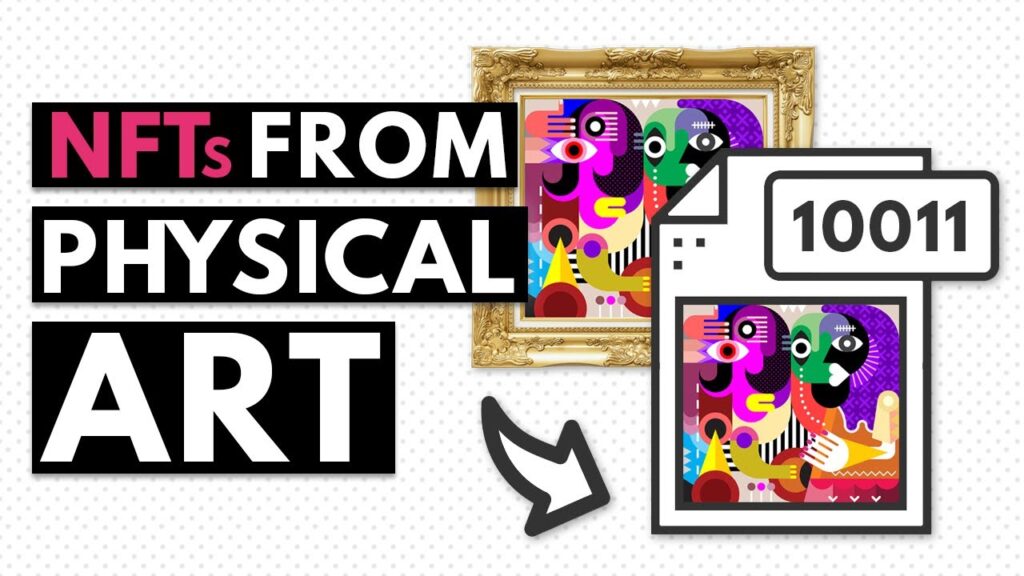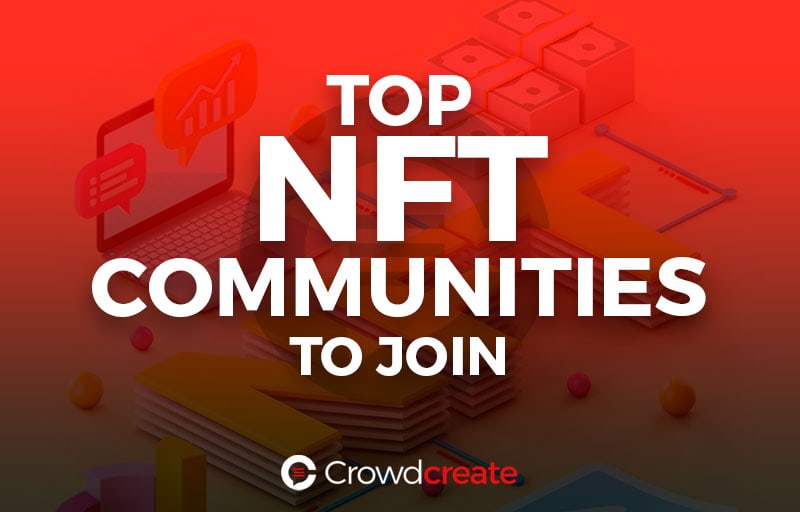NFTs, or non-fungible tokens, have been making waves in the digital world over the last few years. These digital assets are unique and cannot be replicated, making them highly valuable. They have been used to sell everything from digital art to tweets, and their popularity has skyrocketed in recent months. However, with this popularity has come a wave of criticism and backlash. Many people are asking, “Why do people hate NFTs?”
At the heart of the issue is the impact that NFTs are having on the environment. The process of creating and selling these digital assets requires a significant amount of energy, leading to concerns about their carbon footprint. Additionally, the high prices that some NFTs are selling for have led to accusations of elitism and exclusivity within the art world. These concerns have led many people to question the value and purpose of NFTs and whether they are ultimately doing more harm than good. In this article, we will explore the reasons behind the growing backlash against NFTs and what this means for the future of digital art and commerce.
People generally hate NFTs because they are expensive, lack of liquidity, speculative, and hard to understand. The non-fungible tokens (NFTs) industry is a new and confusing concept, even for the most experienced crypto users. They are usually expensive, lack liquidity, and their value is highly speculative. Furthermore, many NFTs are hard to understand, and it is difficult to determine the worth of an NFT.

Why Do People Hate NFTs?
Non-fungible tokens (NFTs) have been gaining traction in the cryptocurrency market in recent years. Despite this, there is still a considerable amount of resistance to the technology, with some people going so far as to describe NFTs as a scam. In this article, we will explore some of the reasons why some people may have a negative attitude towards NFTs.
They Are Too Expensive
One of the main arguments against NFTs is that they can be expensive. While the price of some NFTs can be quite low, some of the more popular ones can sell for thousands of dollars. This has led some people to view them as a way for people to make a quick buck, rather than as a legitimate investment. Additionally, many people feel that the cost of NFTs is out of reach for the average person and thus can be seen as elitist.
Furthermore, some people argue that the high prices of NFTs are often driven by speculation, rather than by any intrinsic value that the token may have. As such, some people may view them as a risky investment and thus be wary of investing in them.
Lack of Adoption
Another point of contention is that NFTs have yet to be widely adopted. While the technology has been gaining popularity in recent years, the majority of people are still unfamiliar with it. This has led some people to question why they should invest their money in something that is not widely accepted. Additionally, some people may be wary of investing in something that could potentially become obsolete if it fails to gain traction.
Furthermore, some people argue that the lack of adoption is due to a lack of understanding of the technology. It can be difficult for people to wrap their heads around the concept of non-fungible tokens, and this can be a barrier to adoption. Additionally, the fact that NFTs are still relatively new and untested may lead some people to be wary of investing in them.
Frequently Asked Questions
This page provides answers to commonly asked questions about why people hate NFTs.
What is an NFT?
An NFT, or non-fungible token, is a type of digital asset that is stored on a blockchain. It is different from other digital assets, such as cryptocurrencies, in that each token is unique and cannot be exchanged for another token of the same value. NFTs can be used to represent a variety of digital assets, such as art, music, and other digital collectibles.
Why do people hate NFTs?
People tend to dislike NFTs for many reasons. Some of the main criticisms include that NFTs are too expensive, they are often used to speculate in digital assets, and they lack a clear use case. Additionally, many have raised concerns about the environmental impact of the blockchain technology used to power NFTs.
Another major problem with NFTs is that they can be controlled by a single entity, such as a company or individual, which means that the ownership of the asset can be easily manipulated or transferred without the permission of the original owner. This can lead to a lack of transparency and trust in the system.
What are the alternatives to NFTs?
There are several alternatives to NFTs that offer similar benefits without the drawbacks. These include decentralised applications (dApps), decentralized finance (DeFi) protocols, and blockchain-based gaming platforms. These alternatives offer the same benefits of NFTs without the risks associated with them.
Are NFTs a good investment?
NFTs can be a good investment, but they also come with a lot of risk. The value of an NFT can go up and down drastically, so it is important to do your research before investing. Additionally, it is important to remember that NFTs are not regulated, so it is important to be aware of any potential scams or frauds.
Are there any risks associated with NFTs?
Yes, there are a few risks associated with NFTs. As mentioned above, the value of NFTs can be volatile, so it is important to do your research before investing. Additionally, as NFTs are stored on a blockchain, they can be vulnerable to hacking and manipulation. It is also important to remember that NFTs are not regulated, so it is important to be aware of any potential scams or frauds.
Top 10 Reasons NFTs Are Hated
In conclusion, the reasons why people hate NFTs are multi-faceted and complex. Some people are concerned about the environmental impact of NFTs, while others are critical of the way that NFTs commodify digital art and culture. Additionally, some people are wary of the potential for NFTs to be used for money laundering or other illicit activities.
Despite these concerns, it is clear that NFTs are here to stay. As with any new technology, there will be challenges and obstacles to overcome, but NFTs have already demonstrated their potential to revolutionize the world of digital art and beyond. Whether you love them or hate them, NFTs are a fascinating development in the world of blockchain technology, and only time will tell what the future holds for this controversial innovation.



My brother recommended I might like this blog. He was totally right.
This post actually made my day. You can not imagine simply how much time
I had spent for this info! Thanks!